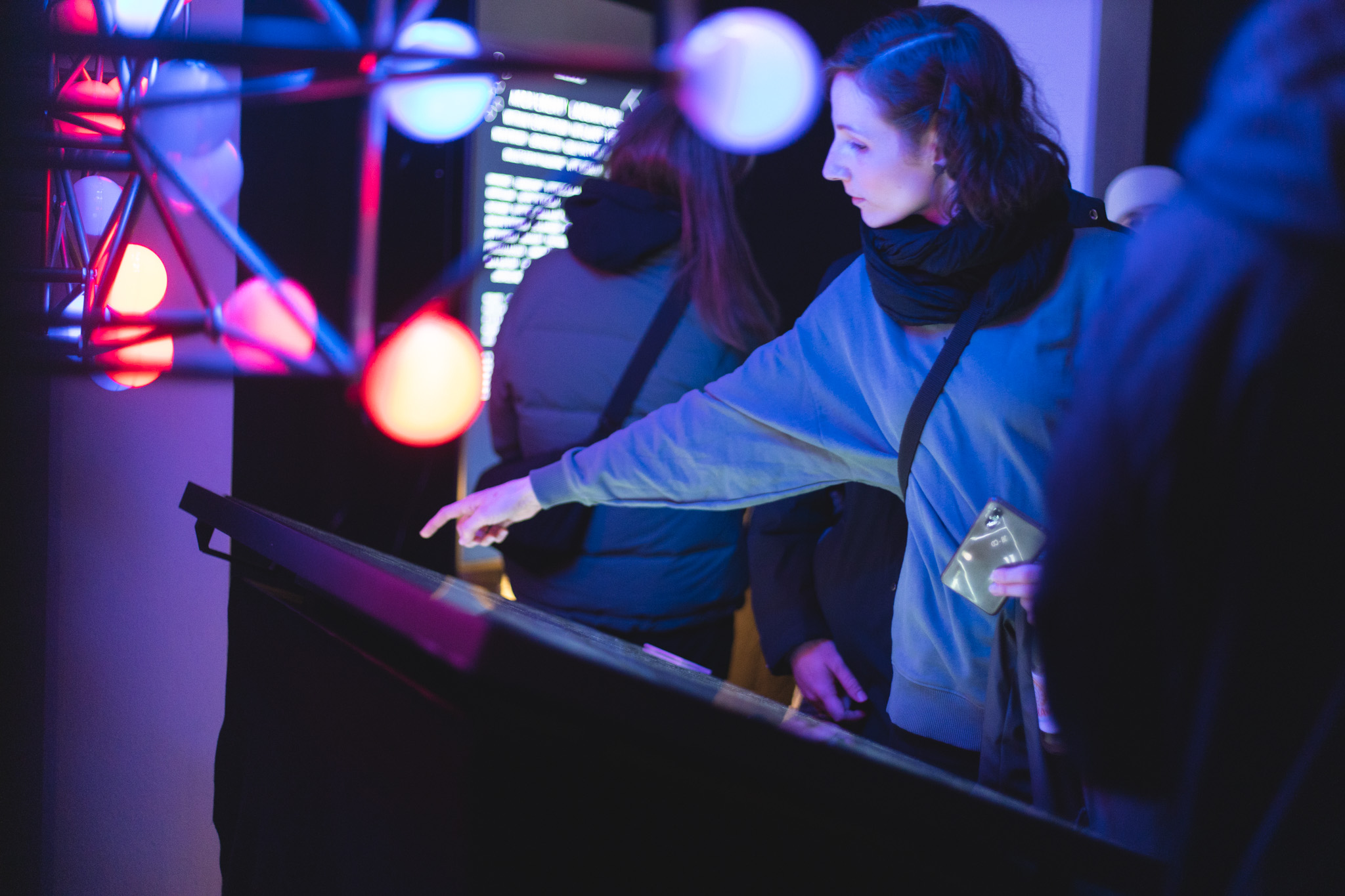In future real and virtual environments will merge even more closely. Users will find it increasingly natural to use new and innovative methods of interacting with these environments, with the transitions between them becoming less perceptible. In future, objects in daily use will be surrounded by networked interfaces which are invisible to the user. Developing and applying these new input and output devices is the focus of our work here.
An innovative approach is applied to learning in the virtual world and preparing to enter the world of work: applied games and gamified learning processes which combine game elements and teaching concepts promote continuing education and life-long learning. In several EU-funded research projects, we have already succeeded in developing measures and products for continuing education in various areas of expertise, including project management, the sustainable use of energy, water and food, mathematics, programming, and developing awareness of healthy living.
So-called mixed reality simulations and learning simulations are created using 3D simulation systems which are combined with real world interfaces. These are most frequently used for training on expensive or dangerous work processes, and enable experiential learning. These systems are developed to market readiness in cooperation with companies including Fronius GmbH, TrEMTeC KG and KWB-KRAFT UND WÄRME AUS BIOMASSE GMBH.
The emotional sensitivities and cognitive pressures on users as they interact with these systems are measured using both qualitative and quantitative evaluation methods. This provides the basis for objectively assessing the systems and optimising their usability.








